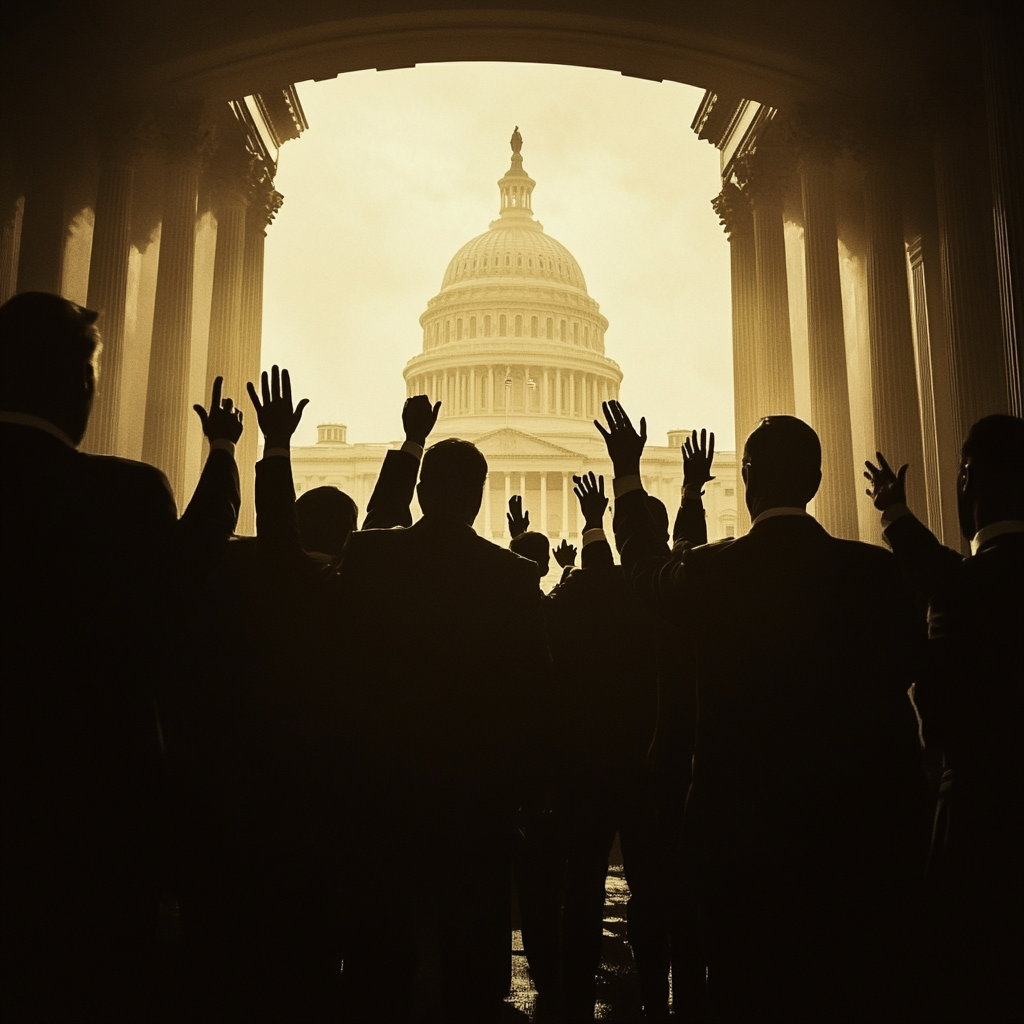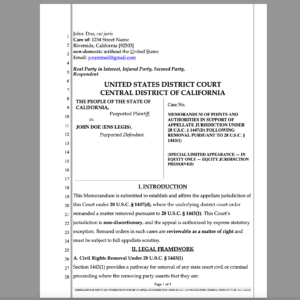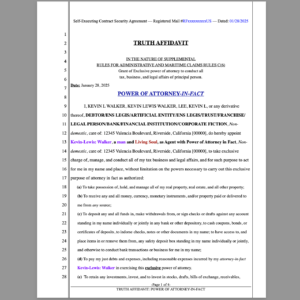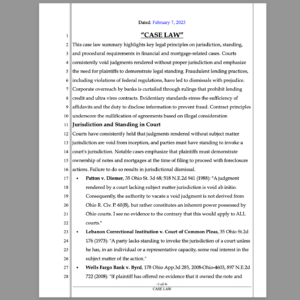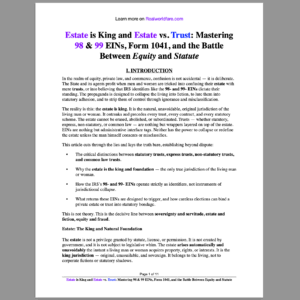when a politician assumes office and acts as a public official, they waive or subordinate certain natural rights in favor of public duties and statutory obligations. Here’s a breakdown:
1. U.S. Citizen vs. State Citizen (Private vs. Public Capacity)
-
A natural person or State Citizen holds unalienable rights (natural rights) by birth.
-
A U.S. citizen, as defined in the 14th Amendment and federal codes (see 26 U.S.C. § 7701, 28 U.S.C. § 3002), is a subject of federal jurisdiction — effectively a legal fiction (a trust, corporation, or public franchise).
2. Politicians Voluntarily Enter Public Office
-
They swear an oath of office — binding them to uphold statutes, rules, and constitutions.
-
By doing so, they operate in a public trust capacity, subject to:
-
Administrative procedure.
-
Commercial liability (under Clearfield Doctrine).
-
Federal statutes, codes, and public policy.
-
3. Legal Consequences of Taking Office
-
They become public officers, meaning:
-
They no longer act in their private sovereign capacity while performing their duties.
-
They are agents of the corporate entity — the “UNITED STATES” or the STATE OF [X].
-
-
This means they effectively surrender or suspend their natural rights while operating in that office — not in their personal life (unless fully contracted into the public system).
4. Relevant Doctrines and Citations
-
Clearfield Trust Co. v. United States, 318 U.S. 363 (1943) — once the government enters commerce, it descends to the level of a private corporation and loses sovereign immunity.
-
UCC 1-201(27) — public officers are fiduciaries and debtors by role.
-
Brady v. United States, 397 U.S. 742 (1970) — waiver of constitutional rights must be knowing, voluntary, and intelligent — politicians do this via oath.
Summary
Yes, when a politician accepts public office:
-
They act in a public/commercial capacity, not a private sovereign one.
-
They contract away the free exercise of some natural rights while in office, functioning instead under statutes, policies, and corporate code.
-
They become part of the public trust, and are liable under fiduciary and administrative law, not common law.
